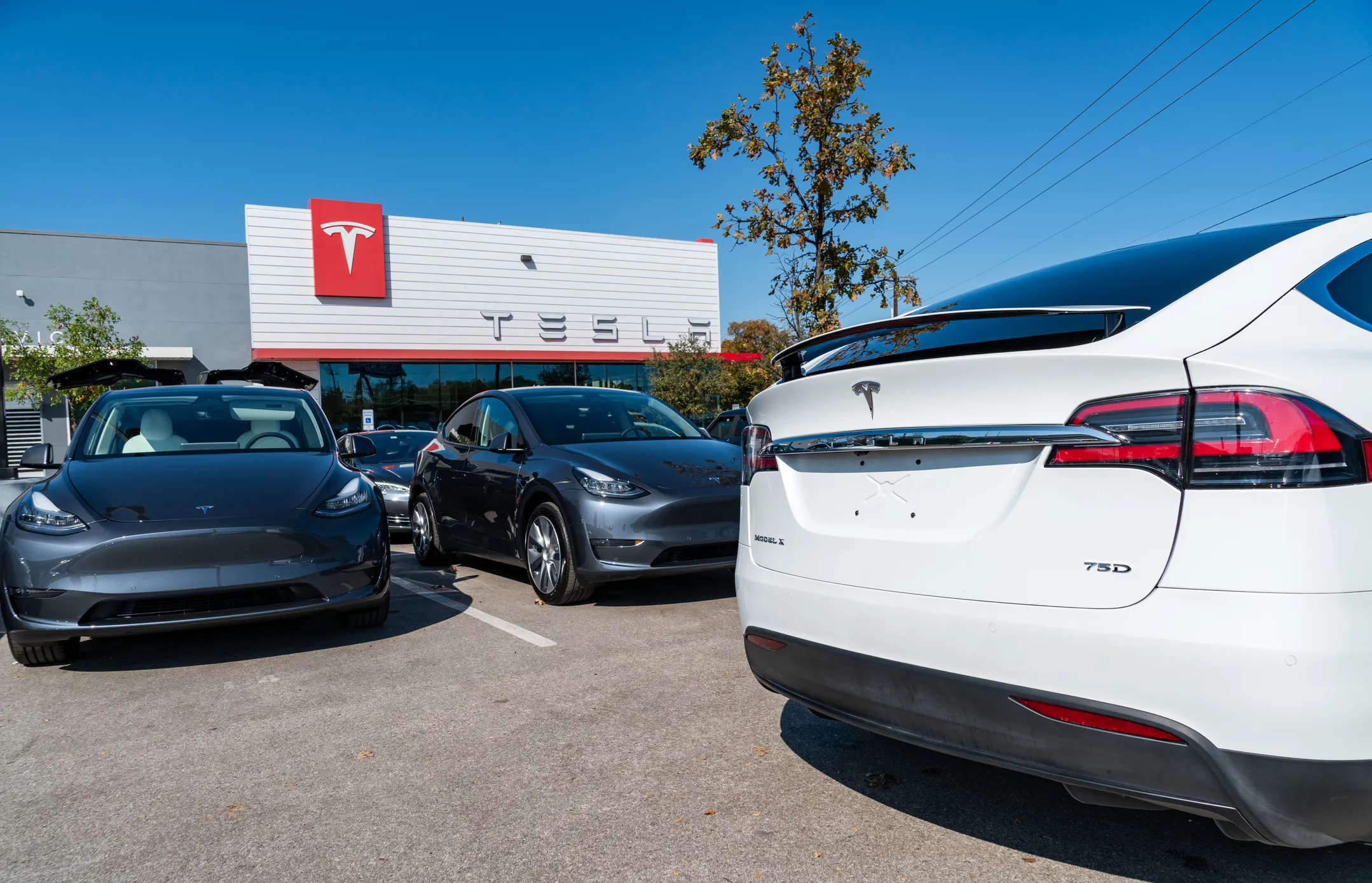The Great Tesla Recall of 2023: Over 2 million Teslas are recalled – is yours on the list?
Motor Vehicles Accidents - December 15, 2023 by Horwitz, Horwitz & Associates
Some Tesla recalls have placed drivers in unsafe situations like an autopilot feature steering an inattentive driver into an intersection or malfunctioning seatbelts. Were you struck by a Tesla driver whose car errantly auto-drove or malfunctioned? Or, were you a Tesla driver injured more seriously than you should have been due to defective safety features in your own vehicle? Speak with one of our Chicago autonomous vehicle injury lawyers about your legal rights and options.
Tesla issues multiple recalls in 2023
Cars.com noted that Tesla issued at least 10 recalls this year, citing issues with front suspensions, steering wheels, seatbelts, and sensing system cameras. Here are some highlights from 2023:
- Feb. 14: The National Highway Transportation Safety Administration (NHTSA) issues a recall for Telsas equipped with Full Self-Driving Beta software. The NHTSA noted that the software may malfunction around intersections, placing the driver into the intersection when it’s unsafe.
- Feb. 26: Recall certain Model Y vehicles due to loose bolts in the back seat row frame.
- Apr. 4: NHTSA issues a recall for Tesla software, citing weak camera strength hindering the driver’s view from the rearview camera.
- May 29: Some 2022 and 2023 Model Y vehicles were recalled due to a loose steering wheel fastener.
- June 18: 2023 Model X and Y recalls for defective pyrotechnic batteries.
- July: Recall of 2023 Models S, X, and Y due to a misaligned front camera and potentially disabled safety features without a warning for the driver.
- July: Recall of 2021-2023 Models X and S due to improperly connecting front seatbelts.
- Oct.: Select 2021-2023 Model X cars recalled because of a lack of a warning light indicating low brake fluid.
- Nov. 2: Select 2021-2023 Model S and Model X vehicles recalled for incorrect airbag installation in the steering wheel.
The December recall is Tesla’s most comprehensive to date
Dec. 13: Recall of almost two million vehicles to update software, including adding Autopilot safeguards.
The December recall/update is Tesla’s response to a two-year investigation by the NHTSA based on the number of crashes involving Tesla vehicles. The organization noted a significant increase in collisions when the autopilot system was engaged.
According to the NHTSA, Autopilot gave drivers a false sense of security. The recall is intended to ensure drivers using the system still pay attention to traffic through periodic driver attention checks through Autosteer.
Is Tesla the most recalled auto brand?
According to Autoweek, yes. It noted that in just 2022 alone, the brand had more than 400 NHTSA-initiated recalls.
Another study using 10 years’ worth of data noted that of the top five vehicles with the most recalls, Tesla models accounted for four.
Recall or over-air update? Is there a difference?
Not long ago, Tesla founder Elon Musk noted on social media that there is a difference between a recall and an over-air update of the vehicle software. This isn’t a new dispute between Tesla and the NHTSA.
However, if an auto manufacturer issues an over-air software update to vehicles already released to consumers, it must file a report with the NHTSA. The dispute seems more over semantics, as “recall” sounds like the vehicle is inherently dangerous, while “update” is much more innocuous.
The NHTSA’s guidelines for over-air recalls and software updates are comprehensive and written with some room for interpretation. This may be part of the reason for the ongoing dispute between Musk and the NHTSA.
Suppose a safety-related defect is noted for a vehicle. In that case, the owner must bring the car to a factory-authorized dealership or repair location to perform the necessary work to rectify the recall issue. However, with an OTA recall or repair, a Tesla owner can simply install the update on their own time, at a location of their choosing, as long as the vehicle isn’t in use.
Going back to semantics, because a Tesla owner can complete their over-air update (or software repair) wherever they choose, it could be argued that the vehicle hasn’t been recalled since it was never returned but only updated or improved.
This distinction may not be comforting to Tesla drivers, though. If you’re concerned that your vehicle is inherently unsafe, you may wish to consult an attorney or even switch to a different vehicle brand.
Your options if your Tesla is recalled
You may be able to have a safe car after an OTA update or a physical recall. But you could also file a suit for a defective product or check with a Chicago defective product attorney to see if Illinois Lemon Laws apply.
For more information, contact Horwitz, Horwitz & Associates at (800) 985-1819 for a free consultation.



